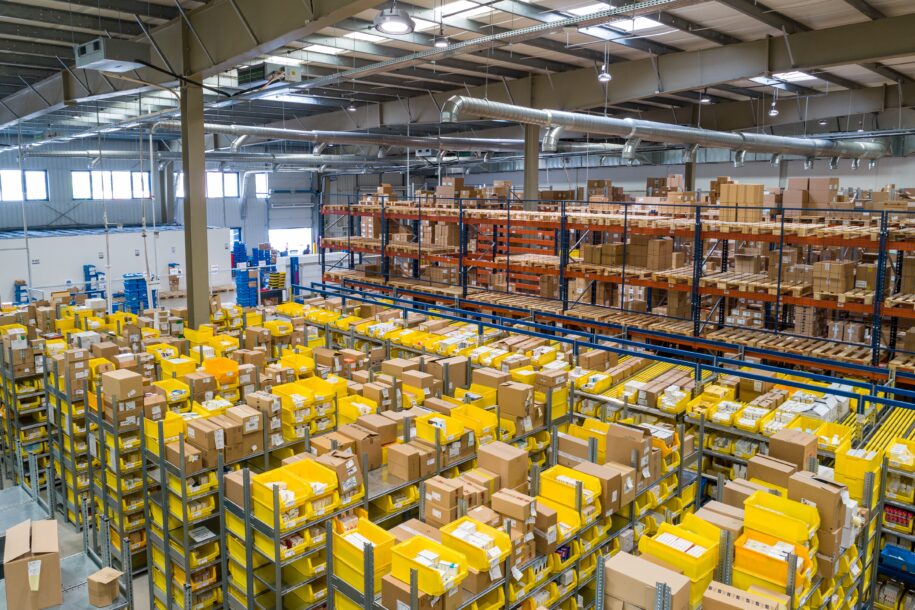Manufacturing has been hit by what has been described as a ‘cocktail’ of challenging problems recently, all of which has contributed to an urgent labour shortage situation. With British manufacturers facing the largest shortage of skilled workers since 1989, UK manufacturing output is struggling to keep up with demand.
What’s to blame? Brexit and the Covid-19 crisis are the most obvious culprits, but there’s also the ‘Great Resignation’ for employers to contend with. This unexpected post-pandemic trend has caused workers worldwide to leave their jobs or change careers entirely, and manufacturing has been particularly affected. With labour shortages becoming more pressing, a war for talent has broken out – with employers offering the highest wages managing to poach the best skilled workers.
How Gen Z could be the saviour of manufacturing
The manufacturing sector has another looming issue to contend with – an ageing workforce from the Baby Boomer generation who are approaching retirement. This makes it more critical than ever for manufacturing businesses to focus their efforts on attracting a whole new generation of workers.
Enter Gen Z, those born between the mid 90s and 2010, some of whom are now starting to enter the workforce. According to The Engineer, Gen Z workers will make up 1 billion of the global workforce in less than a decade. So, it’s critical that manufacturing is able to attract its share of this bright young talent.
Transforming the image of manufacturing
The sector has historically suffered from something of an image problem among younger workers. Younger generations often believe manufacturing to be underpaid, low-skilled manual jobs, despite the fact that the average salary is around 13% higher than all other UK industries.
However, there are glimmers of a change in manufacturing’s public image on the horizon. Research from manufacturing digitisation platform Parsable found that the Covid-19 pandemic has made a big difference to the public view of the sector. Some are calling this the ‘renaissance of the industrial worker’, with employees increasingly being seen as vital frontline workers keeping UK and global supply chains running.
According to Parsable, over half of survey respondents had changed their views on manufacturing during the global health crisis, and 77% said they now viewed the sector as much more important.
The industry now needs to capitalise on this increase in interest from the younger generation, many of whom are more willing to consider a career in manufacturing. Employers and industry leaders should consider partnering with educational institutions, to communicate the benefits of manufacturing as a career – from higher salaries and job security to the chance to work with advanced technology.
Slowly but surely, more misconceptions can be cleared away, and manufacturing can emerge as an attractive, exciting career choice for the younger generation.
If your company is facing a skills shortage, Aqumen Recruitment can help. Get in touch with our specialist manufacturing recruiters to find the talent you need for your business to thrive.
